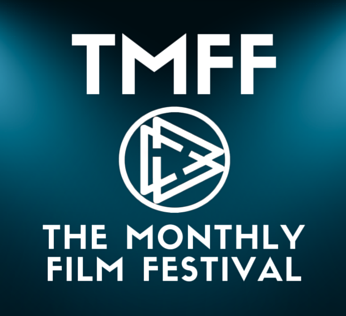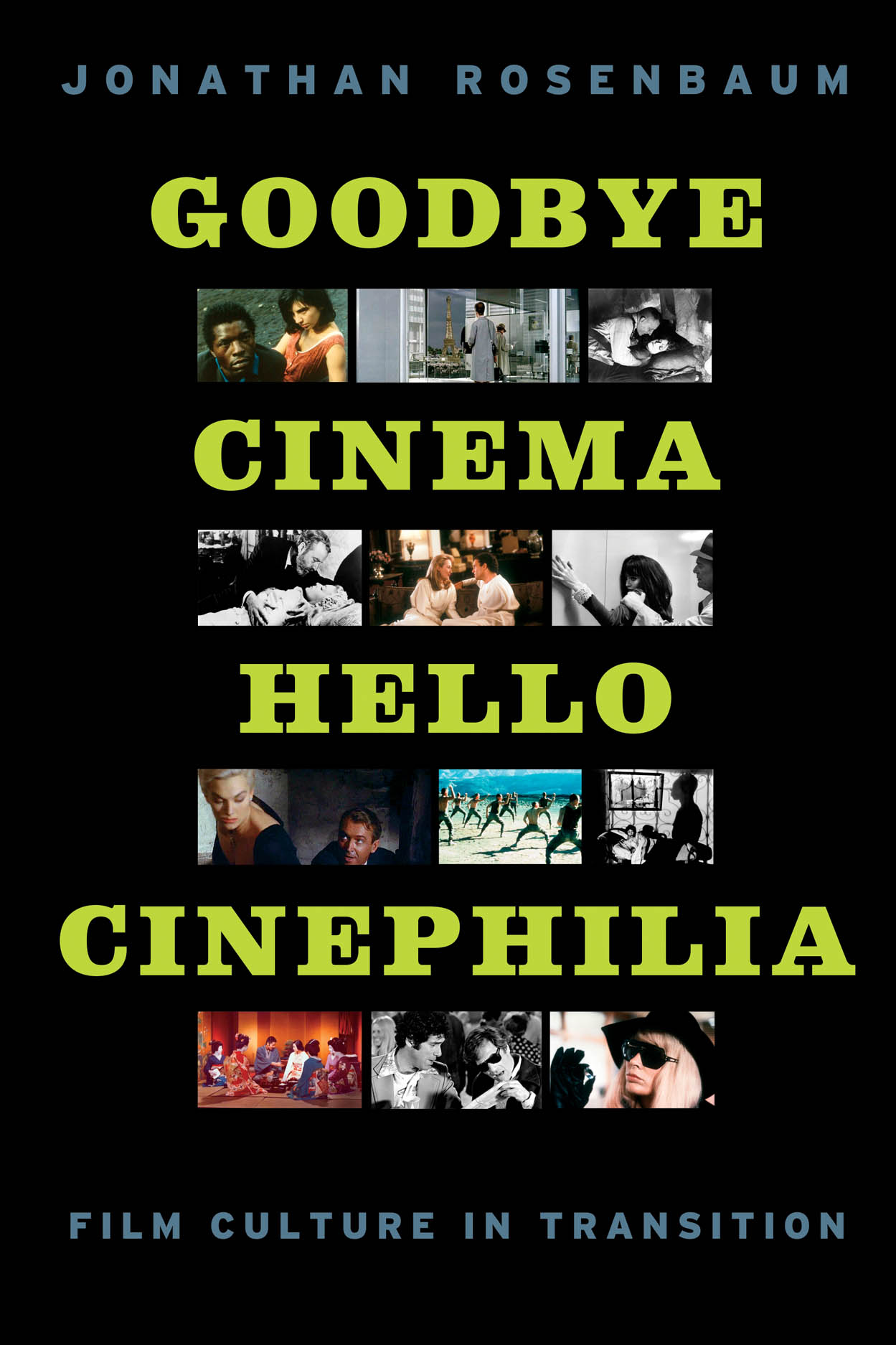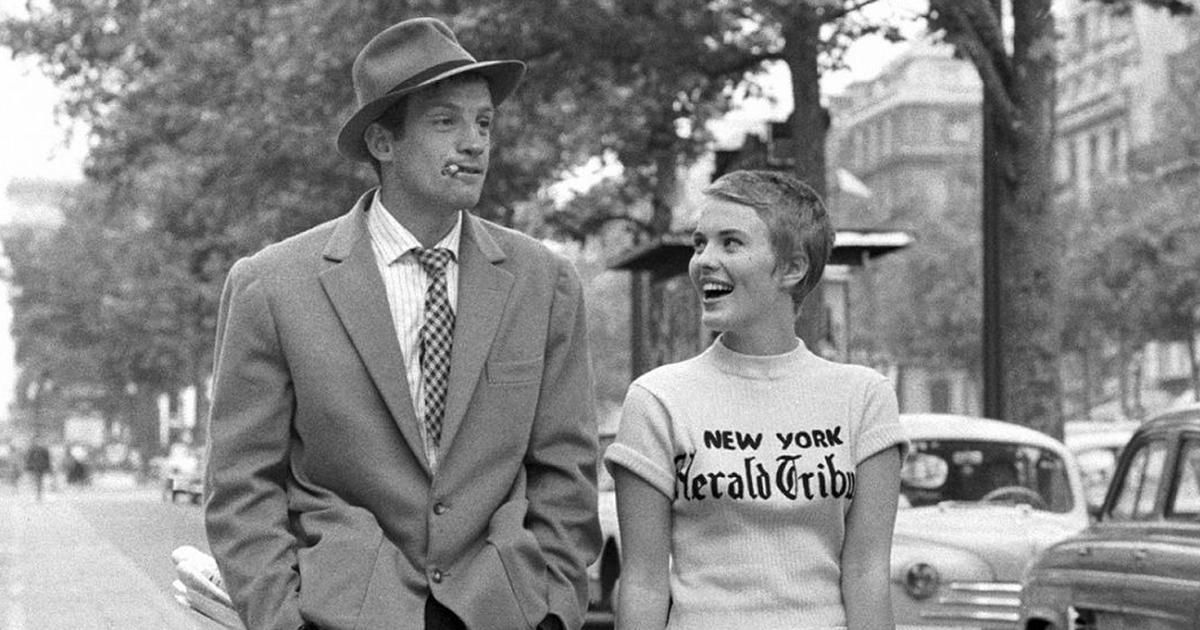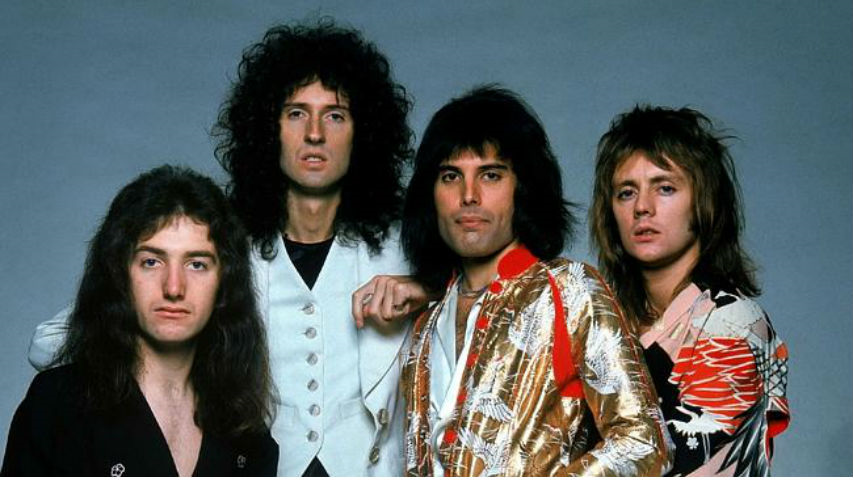The Cinematic Universe: A Journey Through Popular Superhero Films
In the diverse landscape of cinema, few genres have captivated audiences like superhero films. Drawing from rich comic book lore and larger-than-life characters, these movies offer escapism into a world where extraordinary powers confront everyday challenges. The cinematic portrayal of superheroes has evolved significantly over the decades, influencing pop culture and capturing the hearts of millions. In this article, we embark on a journey to explore the most popular superhero films that have shaped the genre and left an indelible mark on the entertainment industry.
The Rise of Superheroes in Cinema
The journey of superhero films began long before the digital age, in an era when technology was limited but imagination boundless. The first wave of superhero films was ushered in by Christopher Reeve's portrayal of Superman in the 1978 classic, "Superman: The Movie." Directed by Richard Donner, this film laid the groundwork for the genre, combining pioneering special effects with a compelling narrative that emphasized hope, justice, and heroism. Reeve's iconic performance set a high standard for future superhero portrayals, marking the superhero's definitive entry into mainstream cinema.
As the years passed, technological advancements and a growing appetite for unique storytelling paved the way for the next milestone: Tim Burton's 1989 "Batman." Burton's vision brought a darker, more gothic aesthetic to the screen, introducing audiences to a brooding, complex version of the Caped Crusader. Michael Keaton's portrayal of Batman and Jack Nicholson's unforgettable Joker solidified "Batman" as a cultural phenomenon, proving that superhero films could be both commercially successful and critically acclaimed.
The Marvel Cinematic Universe: A Phenomenon in Filmmaking
While individual superhero films enjoyed success, the genre truly exploded into the mainstream with the inception of the Marvel Cinematic Universe (MCU). Launched in 2008 with Jon Favreau's "Iron Man," the MCU introduced audiences to Tony Stark, played with charismatic flair by Robert Downey Jr. His portrayal redefined the superhero genre, bringing a sense of realism and wit to the character while laying down the framework for interconnected storytelling.
The MCU's ability to weave standalone films into a cohesive, expansive universe was unprecedented. Films like "The Avengers" (2012) showcased this unique narrative strategy by bringing together Iron Man, Thor, Captain America, and others in a cinematic event that thrilled fans worldwide. The meticulous planning and execution of the MCU culminated in the colossal success of "Avengers: Endgame" (2019), which not only shattered box office records but also delivered a fitting culmination to over a decade of storytelling.
DC Extended Universe: A Different Perspective
While Marvel's cinematic endeavors flourished, DC Comics also sought to establish its own cinematic universe, known as the DC Extended Universe (DCEU). Kicking off with Zack Snyder's "Man of Steel" in 2013, the DCEU took a darker, more introspective approach to superhero narratives. Henry Cavill's portrayal of Superman offered a contemporary reimagining, portraying the character as more conflicted and human.
"Batman v Superman: Dawn of Justice" (2016) further expanded the DCEU by introducing Ben Affleck's Batman and Gal Gadot's Wonder Woman, setting the stage for future ensemble films like "Justice League." Although the DCEU faced challenges in maintaining the same critical and commercial success as its Marvel counterpart, individual films like "Wonder Woman" (2017) and "Aquaman" (2018) proved that DC characters could stand strong on their own, offering dynamic storytelling and breathtaking visuals.
Groundbreaking Contributions and Critical Acclaim
Beyond the large universes of Marvel and DC, individual superhero films have made significant contributions to the genre. Christopher Nolan's "The Dark Knight" trilogy stands as a testament to this impact. Released between 2005 and 2012, Nolan's trilogy focused on a more mature, psychologically complex Batman. "The Dark Knight" (2008), in particular, redefined what a superhero film could achieve, earning critical acclaim and an Academy Award-winning performance from Heath Ledger as the Joker.
Other films have pushed the boundaries of traditional superhero narratives through unique storytelling and thematic depth. Movies like "Logan" (2017) and "Deadpool" (2016) highlighted the versatility inherent in the genre, exploring darker, more mature themes and resonating with audiences seeking something beyond conventional superhero spectacles.
Inclusivity and Representation in Superhero Films
Over the years, superhero films have made strides in embracing inclusivity and diversity, reflecting the changing societal landscape. "Black Panther" (2018) was groundbreaking in this regard, becoming a cultural milestone by showcasing a predominantly Black cast and celebrating African culture. Directed by Ryan Coogler, the film achieved critical and commercial success, proving the power of representation in media.
Similarly, "Wonder Woman" highlighted the importance of strong female protagonists, inspiring a new generation with Gal Gadot's performance and Patty Jenkins' direction. These films, along with others like "Captain Marvel" (2019), have paved the way for diverse storytelling, ensuring that superhero narratives continue to evolve and resonate with audiences from all walks of life.
Stay tuned for the next part of this article, where we will delve deeper into the cultural impact, lasting legacy, and the future of superhero films in cinema.
Cultural Impact and Global Influence of Superhero Films
Superhero films have become a ubiquitous presence in global popular culture, influencing not just the film industry but society as a whole. These cinematic spectacles transcend language barriers and geographic boundaries, resonating with audiences worldwide and tapping into universal themes of good versus evil, heroism, and the struggle for justice. This universal appeal has contributed to superhero films consistently dominating box office charts, garnering billions of dollars globally and setting new benchmarks in the entertainment industry.
One significant aspect of this cultural phenomenon is the communal experience these films foster. Midnight screenings, fan conventions, and the sheer excitement surrounding new releases create a shared enthusiasm that unites diverse groups of people. In many ways, superhero films have become cultural events, often prompting discussions about the narratives, characters, and the values they espouse. This mainstream cultural relevance is amplified by the advent of social media, where fan theories, discussions, and memes enhance the experience, keeping these stories alive long after audiences leave the theaters.
The Evolution of Superhero Narratives
While superhero films have maintained a core focus on action-packed storytelling and visual spectacle, their narratives have evolved to reflect changing societal attitudes and concerns. This evolution is partly driven by an audience that demands more nuanced, character-driven stories that resonate on a personal level. Modern superhero films often tackle complex themes such as identity, morality, and the consequences of power, offering a more reflective examination of what it means to be a hero.
For instance, films like "Spider-Man: Into the Spider-Verse" (2018) explore innovative storytelling techniques, combining animation with a multi-layered narrative that emphasizes themes of diversity and resilience. This film not only celebrates the Spider-Man legacy but also sends a potent message about the hero in everyone, regardless of background or circumstances. Similarly, shows such as "The Boys" and "Watchmen" further expand on these themes, critiquing society and raising questions about power dynamics, ethical dilemmas, and the cost of heroism.
The Technological Leap: Visual Effects and Innovation
The advancement of technology has played a pivotal role in the success and transformation of superhero films. The marriage of cutting-edge visual effects and storytelling has allowed filmmakers to create immersive worlds that were previously unimaginable. Through the use of CGI, motion capture, and innovative filmmaking techniques, directors bring to life scenes of epic proportions, from massive battles to cityscape transformations, that capture audiences' imaginations.
James Gunn's "Guardians of the Galaxy" (2014) exemplifies this technological leap, offering rich, vibrant visuals and seamless integration of real and digital elements. The seamless blend of humor, heart, and high-quality visual effects set a new standard for what audiences could expect from superhero films. Additionally, innovations in sound design and immersive audio experiences contribute to an all-encompassing viewing experience, making these films a true spectacle that commands attention in a crowded entertainment landscape.
Superhero Films as Social Commentary
Beyond their entertainment value, superhero films often serve as a mirror to societal issues, using allegory and metaphor to comment on real-world problems. They allow storytellers to explore complex topics—such as inequality, environmental crises, and political strife—through the lens of fictional narratives that are accessible and engaging.
For example, "X-Men" films touch on themes of prejudice and acceptance, reflecting ongoing discussions on race, identity, and equality. This franchise, through its portrayal of mutants and their struggle for recognition and rights, provides poignant commentary on the challenges marginalized communities face. Similarly, "Black Panther" explored themes of cultural heritage and global responsibility, challenging viewers to reflect on issues of race, power, and cultural representation.
The Future of Superhero Films
As superhero films continue to evolve, the future looks bright, with opportunities for fresh storytelling and innovative cinematic experiences. With the rise of streaming platforms, there is potential for more varied content, allowing creators to explore different formats—such as limited series, animated projects, and cross-genre experiments—providing deeper insights into characters and their worlds.
With advancing technology, audiences can expect even more groundbreaking visuals and immersive experiences, potentially through the incorporation of virtual reality and augmented reality elements. Additionally, as the genre seeks greater inclusivity and representation, we can anticipate an even broader range of stories and characters that reflect the diversity of the global audience.
The enduring popularity of superhero films indicates they are not just a passing trend but a robust genre capable of continued growth and transformation. As filmmakers push creative boundaries and continue exploring new ideas, superhero films will undoubtedly remain a compelling and influential force in the world of cinema, echoing heroic tales that inspire, entertain, and reflect the society we navigate today.
Stay tuned for the final part of this article, where we will examine the critical response to superhero films, the challenges they face, and their legacy within the larger context of film history.
Critics and Superhero Films: A Complex Relationship
The relationship between superhero films and critics has been a nuanced and sometimes contentious one. While these films dominate box office revenues and attract legions of fans, critical reception has varied significantly, often sparking debates about the artistic value of the genre. Some critics argue that superhero films prioritize spectacle over substance, leading to formulaic storytelling and an oversaturation of the market. Yet, others celebrate these films for their ability to deliver powerful narratives, emotional depth, and resonant themes.
Films like "The Dark Knight" and "Black Panther" have been lauded for their critical exploration of themes and character development, proving that superhero films can achieve both commercial and critical acclaim. These successes demonstrate that, when well-executed, the genre can offer profound, thought-provoking narratives and provide commentary on contemporary issues. Nevertheless, the challenge remains for filmmakers to innovate and deliver content that consistently appeals to both audiences and critics, straddling the line between blockbuster entertainment and artistic quality.
Challenges Facing the Superhero Genre
Despite their immense popularity, superhero films face several challenges that could impact their future trajectory. One significant challenge is the risk of superhero fatigue. With the persistent output of these films by major studios, audiences and critics worry about oversaturation, fearing that too much content may lead to diminishing returns in terms of creativity and audience interest.
Furthermore, maintaining narrative freshness and continuity in expansive universes poses another challenge. As franchises grow, ensuring a coherent storyline across multiple films and series becomes increasingly complex. Audiences crave new experiences and innovations but also expect loyalty to established character arcs and storylines, requiring filmmakers to strike a delicate balance.
Another emerging challenge is the need for more diverse voices and stories within the superhero genre. While progress has been made, there is still a call for more representation both on-screen and behind the scenes. Audiences are eager to see stories that reflect a wider array of experiences and perspectives, urging the industry to move beyond traditional narratives and explore more inclusive storytelling.
The Legacy of Superhero Films
Superhero films have undoubtedly etched themselves into the tapestry of film history, leaving a legacy that extends beyond box office records. They have become cultural touchstones, shaping how audiences perceive heroes and villains, justice and morality. This genre's influence extends into other realms of popular culture, inspiring merchandise, fan fiction, and adaptations in various media, thereby sustaining their relevance long after the credits roll.
Furthermore, superhero films have revolutionized the film industry from a technological and economic perspective. They have driven innovations in visual effects, introducing groundbreaking techniques that enhance the viewer's experience and set new industry standards for cinematic production.
From a commercial standpoint, these films have demonstrated the potential for creating expansive universes that capture audience engagement over extended periods. The success of shared universe models pioneered by the MCU has reshaped studio strategies, emphasizing the value of interconnected storytelling to build immersive worlds that audiences can invest in over time.
An Enduring Appeal
Despite criticism and challenges, the appeal of superhero films endures, rooted in their ability to resonate with fundamental human experiences. At their core, these films are about the timeless battle between good and evil, the triumph of justice, and the potential for individuals to effect change, no matter their origins. This enduring appeal ensures that the superhero genre will continue to evolve, offering audiences fresh narratives and familiar faces in reimagined contexts.
As the industry grows and adapts to new technological landscapes and audience demands, superhero films are likely to continue thrilling and inspiring viewers around the world. They will remain a critical force within cinema, showcasing the possibilities that arise when incredible powers and relatable stories collide, offering audiences both the escape they crave and the reflections on humanity they need.
The Continued Journey
As superhero films move forward, their journey becomes a testament to the genre's adaptability and cultural significance. While challenges remain, the potential for innovation and growth is boundless, fueled by a creative industry dedicated to exploring new horizons and audiences eager for the next heroic tale.
Whether through familiar franchises or newly minted narratives, superhero films will persist in shaping the cinematic landscape, leaving an indelible mark on film history and ensuring that the stories of heroes, in all their varied forms, continue to inspire generations to come. As audiences await the next wave of innovative storytelling, one thing remains clear: the cinematic universe of superheroes is far from finished, and its potential continues to unfold with every new release.












Comments